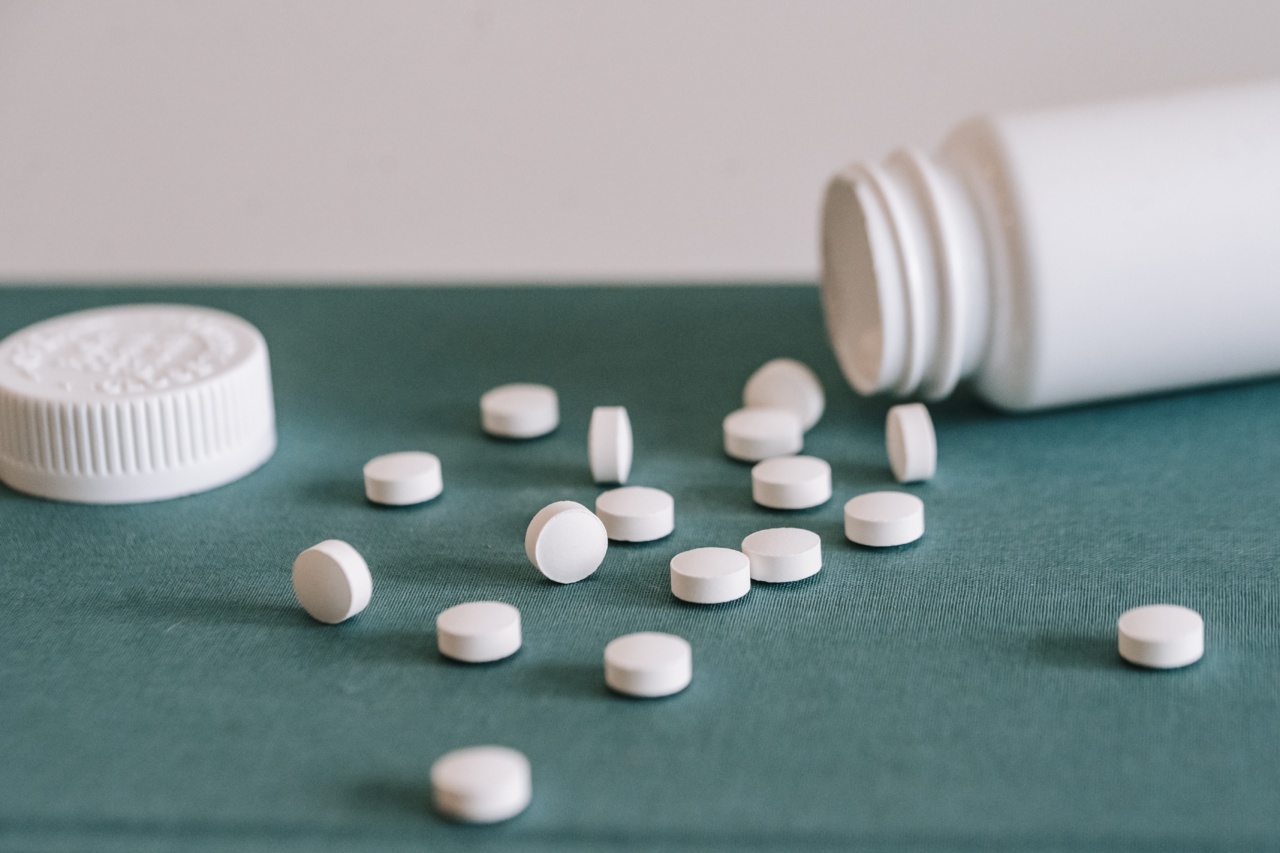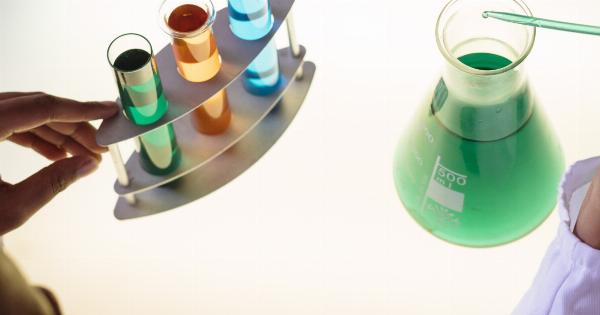Thyroid problems have become increasingly common today. One of the primary reasons for this is our exposure to a chemical called perchlorate. Perchlorate is a chemical used in rocket fuel, fireworks, and fertilizer.
It’s also found in drinking water and certain food items such as lettuce, spinach, and milk.
What is the Thyroid and How Does it Work?
The thyroid is a butterfly-shaped gland located in the neck. It’s responsible for regulating several vital bodily functions, including metabolism, heart rate, and body temperature.
The thyroid gland produces two primary hormones: T3 (triiodothyronine) and T4 (thyroxine). These hormones are responsible for maintaining the body’s metabolism.
The thyroid gland is regulated by the pituitary gland, which produces a hormone called thyroid-stimulating hormone (TSH). When TSH is released, it signals the thyroid gland to produce more thyroid hormones.
If there is an imbalance in the thyroid hormones, it can cause several health problems.
What is Perchlorate?
Perchlorate is a chemical compound made up of chlorine and oxygen. It’s a soluble salt that dissolves in water and can contaminate groundwater and soil. Perchlorate is commonly used in rocket fuel, fireworks, and fertilizer.
It’s also used as a component in certain industrial processes such as bleaching and leather tanning.
The primary source of perchlorate in the environment, however, is from the use of ammonium perchlorate in rocket fuel. When rocket fuel is burned, perchlorate is released into the air and can contaminate water and soil.
How Does Perchlorate Affect the Thyroid?
Perchlorate has been shown to affect the thyroid gland by interfering with its ability to uptake iodine. Iodine is an essential nutrient required by the thyroid gland to produce thyroid hormones.
When perchlorate is present in the body, it can displace iodine and prevent it from being utilized by the gland. This can lead to a decrease in the production of thyroid hormones, which can cause several health problems such as hypothyroidism.
Hypothyroidism is a condition in which the thyroid gland is underactive and is not producing enough thyroid hormones. This can lead to several symptoms such as fatigue, weight gain, constipation, and depression.
Hypothyroidism can also affect the heart, causing a slow heart rate and increasing the risk of heart disease.
How Can You Reduce Your Exposure to Perchlorate?
Reducing your exposure to perchlorate can help protect your thyroid gland and prevent health problems. Here are a few things you can do to reduce your exposure:.
- Drink filtered or bottled water: Perchlorate can contaminate drinking water sources, particularly in areas where rocket fuel is manufactured or tested. Drinking filtered or bottled water can help reduce your exposure.
- Eat a balanced diet: Consuming a diet rich in iodine can help protect against the effects of perchlorate. Foods such as seaweed, fish, and dairy products are good sources of iodine.
- Choose organic produce: Organic produce is grown without the use of synthetic fertilizers, which can contain perchlorate. Choosing organic produce can help reduce your exposure.
The Bottom Line
Perchlorate is a chemical compound used in rocket fuel, fireworks, and fertilizer. It’s also found in drinking water and certain food items.
Perchlorate can interfere with the thyroid gland’s ability to uptake iodine, which can lead to several health problems such as hypothyroidism. Reducing your exposure to perchlorate can help protect your thyroid gland and prevent health problems.





























